

Buy Skilarence (dimethyl fumarate) Online
From $95.70
DISEASE INDICATIONS: Psoriasis
MANUFACTURER: Almirall, S.A.
USAGE: Oral
MEDICINE APPROVED BY: European Medical Agency (EMA)
Skilarence (dimethyl fumarate) is an oral medication prescribed to treat relapsing-remitting multiple sclerosis in adults. The drug works by activating a protein known as the Nrf2 pathway, which helps reduce inflammation and protect against nerve damage.

Buy Skilarence (dimethyl fumarate) Online
From $95.70
- Description
- Additional information
- Reviews (5)
Description
Skilarence (dimethyl fumarate) is a prescription medication used to treat relapsing-remitting multiple sclerosis in adults. It is an oral medication that is available in delayed-release capsule form.
Uses:
Skilarence is used to treat relapsing-remitting multiple sclerosis, which is a progressive inflammation of the central nervous system. This medication can reduce the frequency of relapses, improve the patient’s ability to perform daily activities, and slow down the progression of the disease.
HOW TO USE:
Skilarence should be taken orally with or without food. The capsule should be swallowed whole and not crushed or chewed. The dosage and duration of treatment should be determined by the healthcare provider.
Dosage:
The recommended starting dose of Skilarence is 30mg twice a day for the first week, followed by an increase to 120mg twice a day. The maximum dose is 240mg twice a day.
Mechanism of Action:
Skilarence works by activating a protein called the nuclear factor (erythroid-derived 2)-like 2 (Nrf2) pathway. This protein is involved in the body’s antioxidant response, which helps protect against oxidative stress and inflammation. By activating the Nrf2 pathway, Skilarence can reduce inflammation and help prevent damage to the central nervous system.
Storage Conditions:
Skilarence should be stored at room temperature between 20°C and 25°C.
Precautions:
• Skilarence can cause flushing and gastrointestinal side effects, such as nausea and diarrhea. Patients should be advised to take the medication with food to reduce gastrointestinal side effects.
• Patients should be monitored for signs of infections, including herpes zoster and progressive multifocal leukoencephalopathy.
• Skilarence can cause a decrease in white blood cells, which can increase the risk of infection. Patients should have their white blood cell count monitored regularly.
• Patients should not receive live vaccines while taking Skilarence.
Interactions:
• Skilarence may interact with other medications, such as aspirin and nonsteroidal anti-inflammatory drugs (NSAIDs). Patients should inform their healthcare provider of all medications they are taking before starting treatment with Skilarence.
Contraindications:
• Skilarence is contraindicated in patients who have a hypersensitivity to dimethyl fumarate or any of its components.
Side Effects:
The most commonly reported side effects of Skilarence include flushing, gastrointestinal symptoms such as nausea and diarrhea, and an increase in liver enzymes. Serious adverse events are rare but have been reported, including infection, lymphopenia, and hypersensitivity reactions. Patients should inform their healthcare provider of any unusual symptoms while taking Skilarence.
Overdose:
There are no reported cases of overdose associated with Skilarence.
In conclusion, Skilarence (dimethyl fumarate) is an oral medication used to treat relapsing-remitting multiple sclerosis in adults. The recommended starting dose is 30mg twice a day, with a maximum dose of 240mg twice a day. Skilarence activates the Nrf2 pathway, which reduces inflammation and helps prevent damage to the central nervous system. Skilarence should be stored at room temperature and is contraindicated in patients who have a hypersensitivity to dimethyl fumarate. Patients should be monitored regularly for signs of infections and a decrease in white blood cells. The most commonly reported side effects include flushing, gastrointestinal symptoms, and an increase in liver enzymes. Serious adverse events are rare. There are no reported cases of overdose associated with Skilarence.
Additional information
| Package | 42 tablets of 30 mg, 90 tablets of 120 mg |
|---|
Related Products
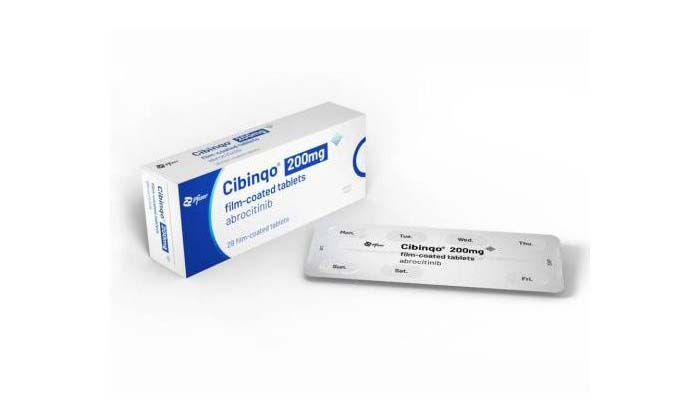
Buy Cibinqo (abrocitinib) Online
Total Sales: 0
SKU: 868337
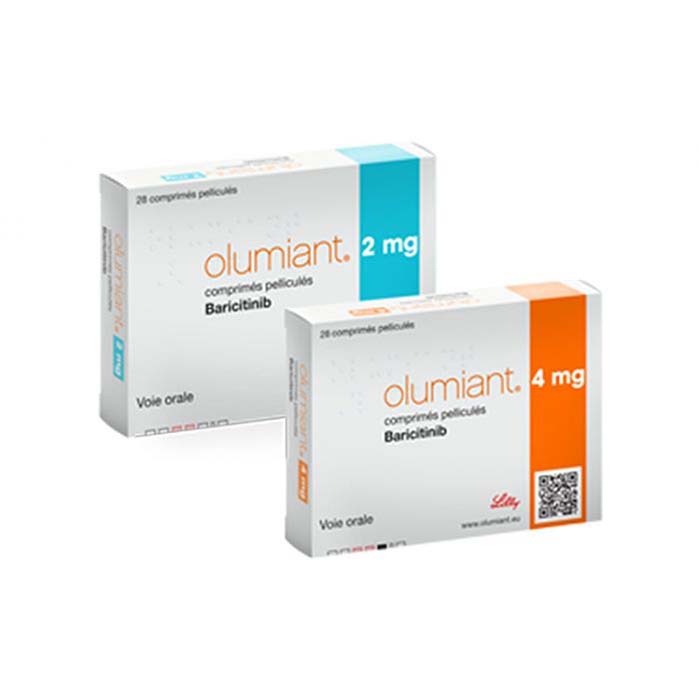
Buy Olumiant (baricitinib) Online
Total Sales: 0
SKU: 955676
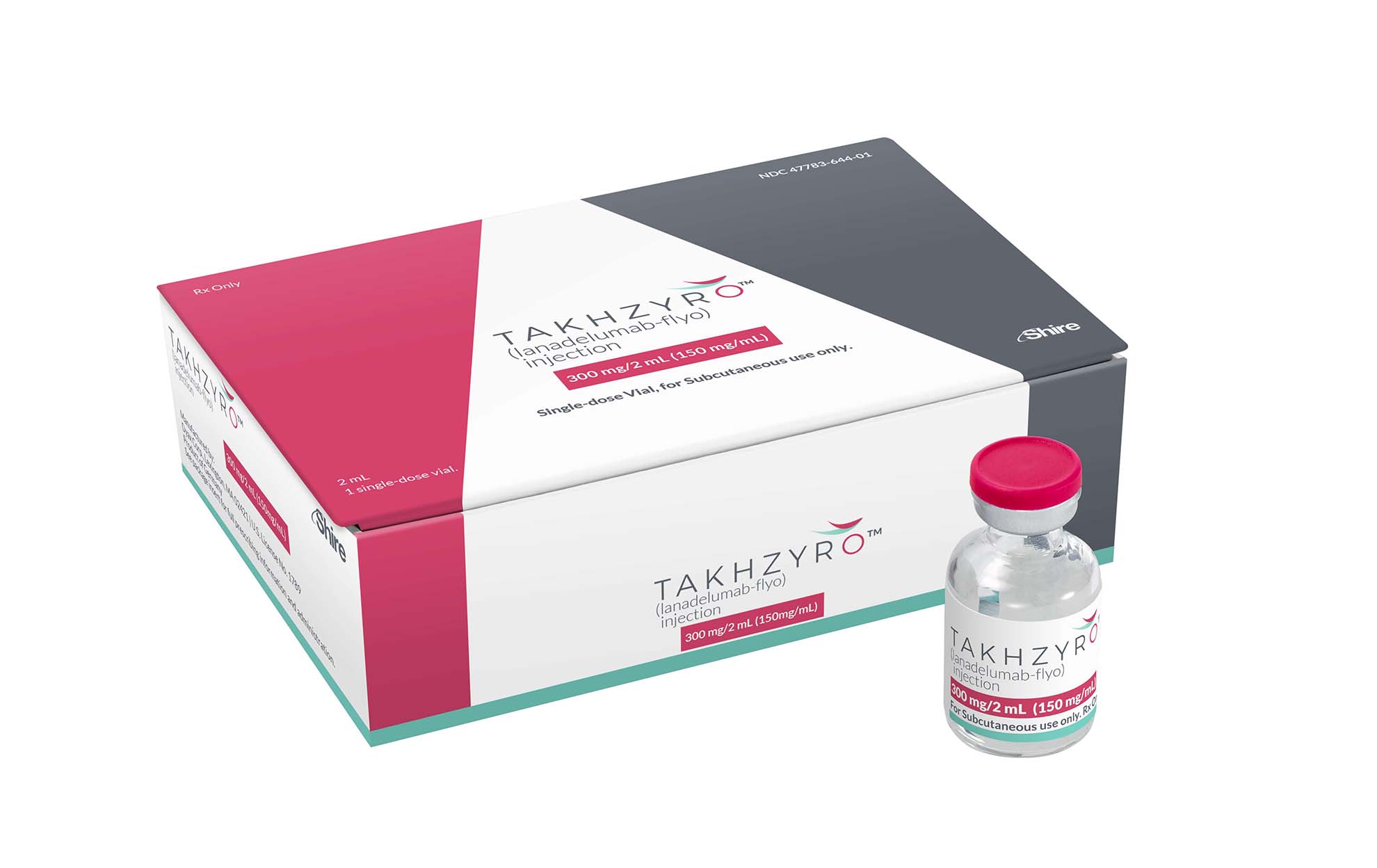
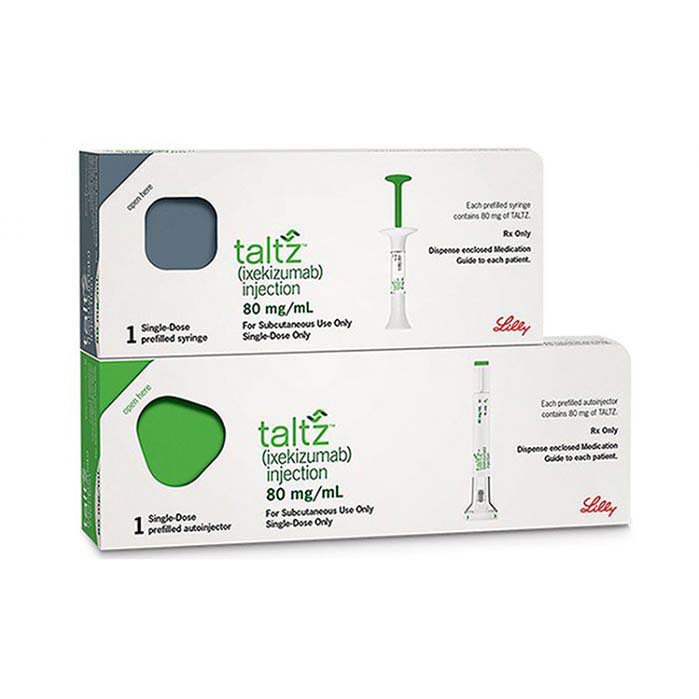
Buy Taltz (ixekizumab) Online
Total Sales: 0
SKU: 151638

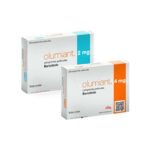

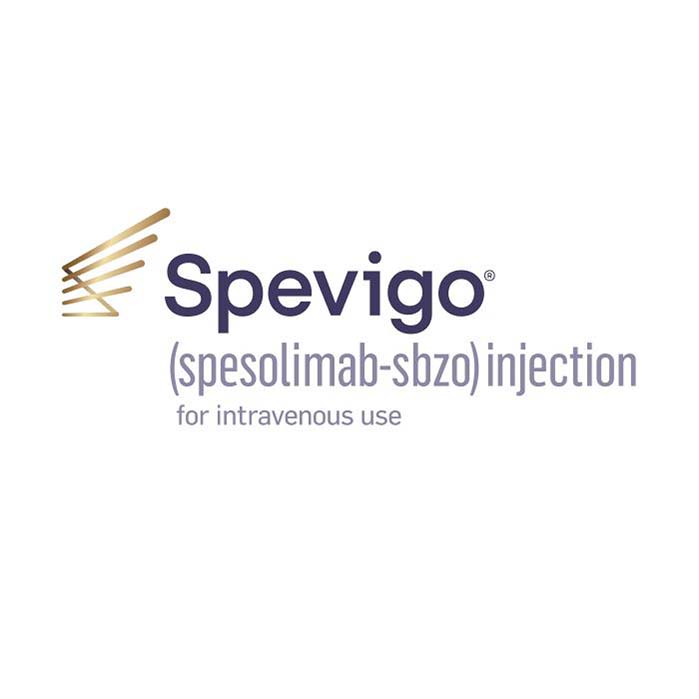
Darren Lewis –
Before Skilarence, my flare-ups controlled my life. Now, my skin is calmer, clearer, and less painful. I feel more confident in social situations and finally comfortable in my own skin again. So thankful for this treatment!
Maria Gutierrez –
Skilarence took a little time to build up, but once it kicked in, the changes were obvious. My plaques have faded, and the inflammation is down. I can go out without covering up all the time. It’s easy to stay consistent with it since it’s just a daily pill.
Andrew Singh –
I wanted something effective that wasn’t a biologic injection, and Skilarence was the answer. My doctor monitored me closely in the beginning, and once I adjusted, the results were steady. My psoriasis is under control, and I feel like myself again. It’s been a relief.
LeahC_CalmSkin –
What I love most about Skilarence is how easy it is to take. Just a pill—no mess, no stress. After a few weeks, I noticed less scaling and much smoother skin. It’s helped restore my confidence, especially during the summer months when I wear short sleeves again. Definitely recommend.
PWallace_SkinRelief –
Skilarence has helped clear up my psoriasis faster than I expected—and no injections required! After years of trying creams and phototherapy, this oral medication made a big difference. The redness and itching are almost completely gone. I had some mild flushing at first, but it passed quickly.